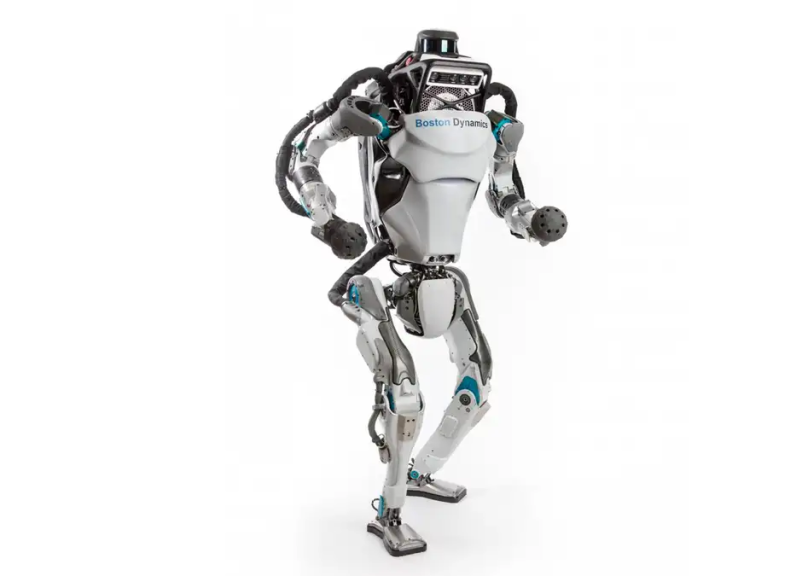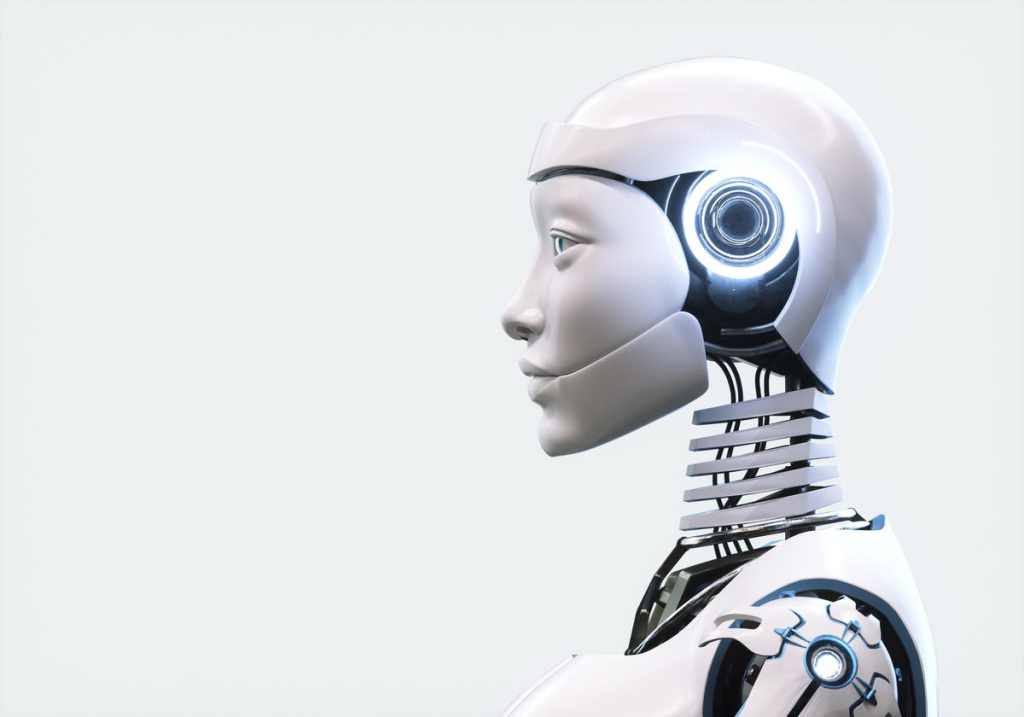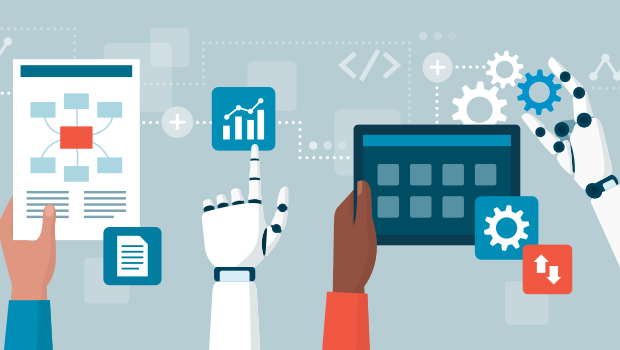Curious to know the upcoming 2023 technology trends? At WorldVue, we researched the industry and developed the following top two technology upgrades you can expect to see in the upcoming year:
Robots?
While we don’t expect robots to ever replace authentic, human-centered interaction, we do expect they’ll continue to grow in influence, making them the number one 2023 technology trend. Automated technology helps hotels with operations, the behind-the-scenes. The hotels that have used this technology exceptionally well are those that use automation to power the guest experience, using robotics to perform mundane tasks in order to provide time for employees to provide better, more personalized hands-on customer service. For instance, Dream Hollywood has implemented two robots that they use to deliver extra toiletries, etc. to guests. This frees up team members to provide those really exceptional experiences luxury guests are looking for.

However, it’s important to maintain the balance between using robots to automate operations without interfering negatively with the guest experience. People still want to interact with people, and what Dream Hollywood is doing differently is integrating their robots into the guest experience, and having them accompany staff and perform otherwise mundane duties is where they’re differentiating themselves positively.
Guest Demands
Guests are absolutely delighted when they see guest-facing robotics. They are quite savvy, however, to automation, especially when it takes away, rather than enhances, their experience. For instance, guests are not particularly thrilled when they check in at a kiosk, especially if they aren’t given the option of speaking with an agent at the desk. At boutique hotels, in particular, guests are in no particular hurry, they aren’t looking to minimize content and speed up their time in the hotel. They prefer to be greeted by a guest agent and then, say, handed a personalized cocktail by a robot in the lobby. Keeping that human connection is essential as we mix robotics and automation into the guest experience.

Enhanced Connectivity
Wireless networking technology is constantly evolving both from a features and value standpoint. Exceptionality occurs when connectivity solutions are not only scalable but transcend flawless functionality across all industries and their respective applications, both current and future, without impacting the customer. We’ve gone from providing a commoditized product to designing and executing digital business strategies, which focus on developing unique customer-centric solutions that are in alignment with end-user device and application modernization.
The average consumer is reliant on robust internet connectivity in their daily lives, to not only entertain themselves but to work, socialize and interact with the outside world. In addition to supporting residents’ personal devices, apartment Wi-Fi needs to support the property’s common areas and associated devices like cameras, lock systems, etc. Multifamily communities typically feature some sort of business area which advertises free Wi-Fi for residents to use at their leisure.
Process Automation

Automation is a growing sector of all enterprise, hospitality, and multifamily operations. Smart thermostats and lighting devices can significantly improve energy efficiency and financial performance for multifamily communities by monitoring usage and remotely controlling operations, with some companies reporting savings of 10-15% (Think Energy, 2022). Smart thermostats can adapt to a property’s unique needs through artificial learning, motion detectors, and pattern recognition, creating a seamless experience for residents and staff. Updating property technology with updated technologies like temperature controls and smart lighting allows management to monitor energy usage in real-time, providing insight into how the property is consuming energy.
Access Control
Access control is an increasingly important component of smart building technology as it enhances safety and security for communities. This value-added service offering is beneficial for residents, guests, and staff in addition to building owners and managers as it simplifies remote monitoring and security management. When combined with an AI-based common area camera system, properties can use facial recognition to allow or refuse access to specific areas. Additionally, managers can utilize video-based intercom systems and remote boundary alerts to enhance security and monitor suspicious activity.


